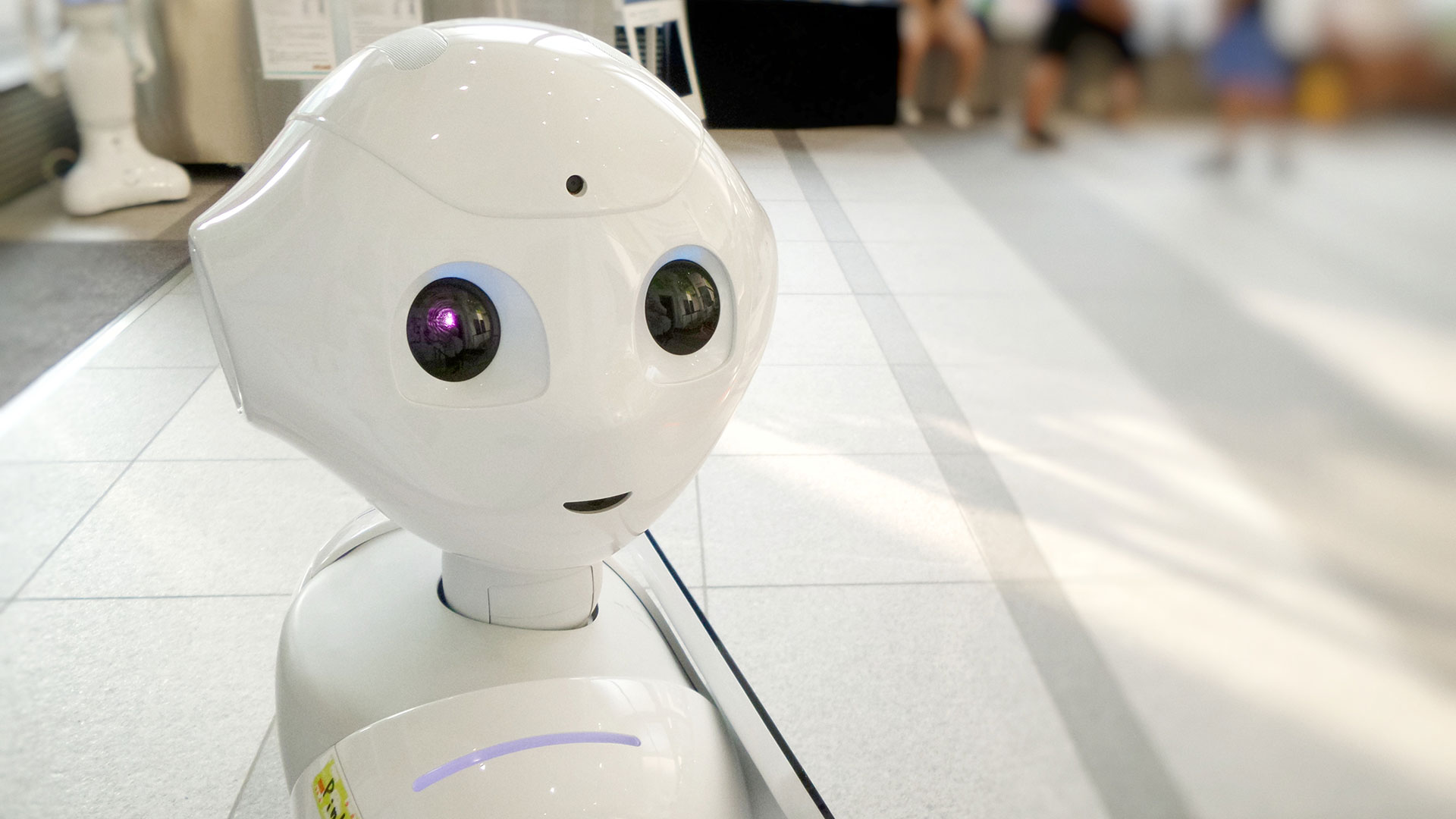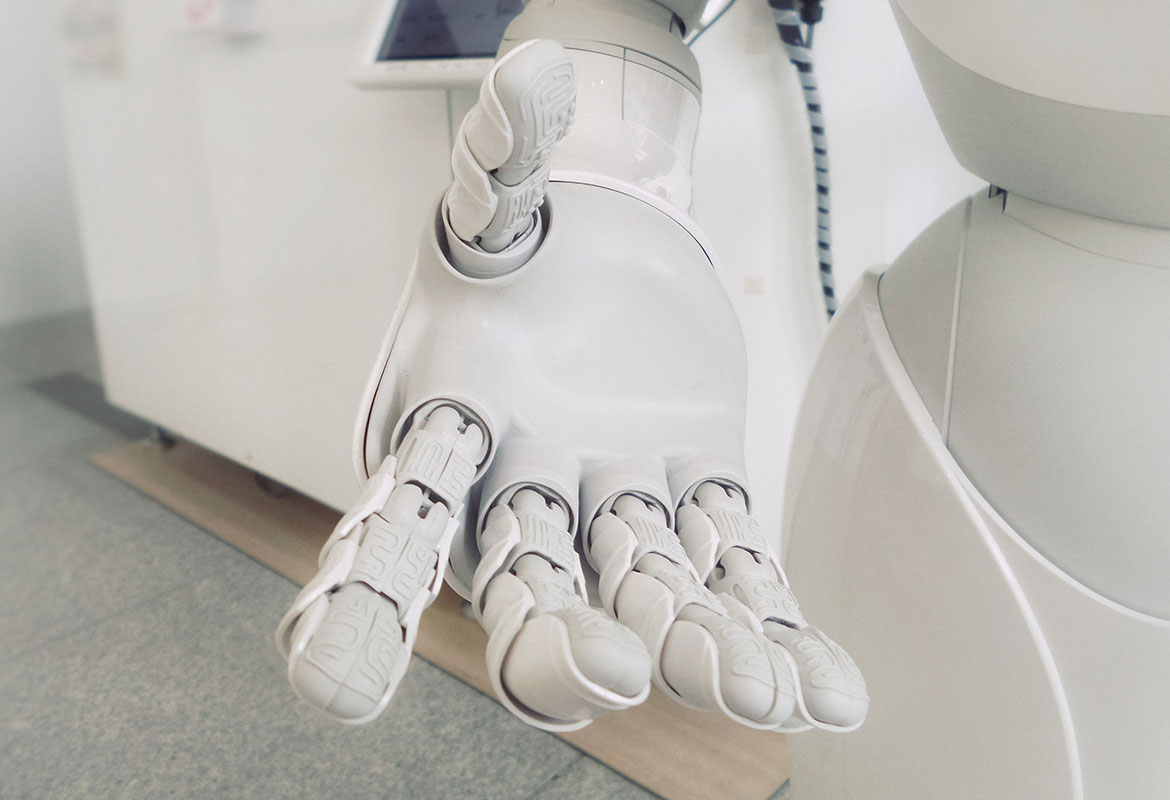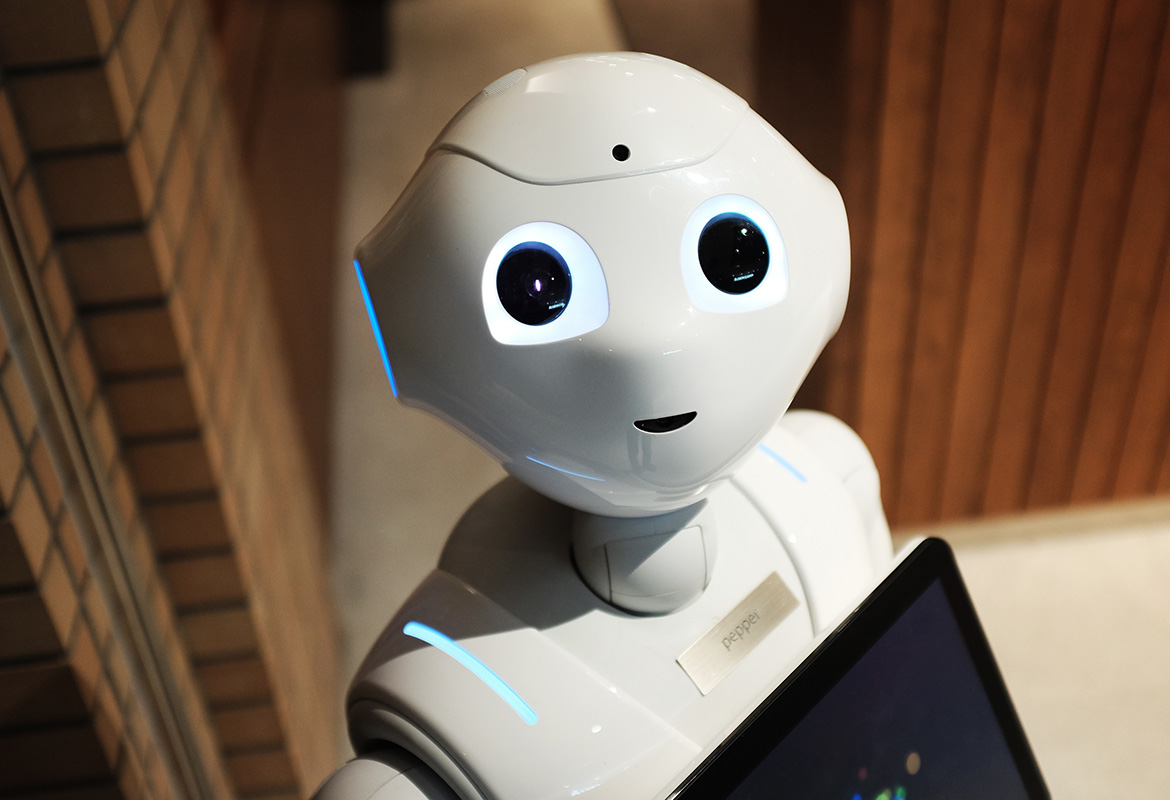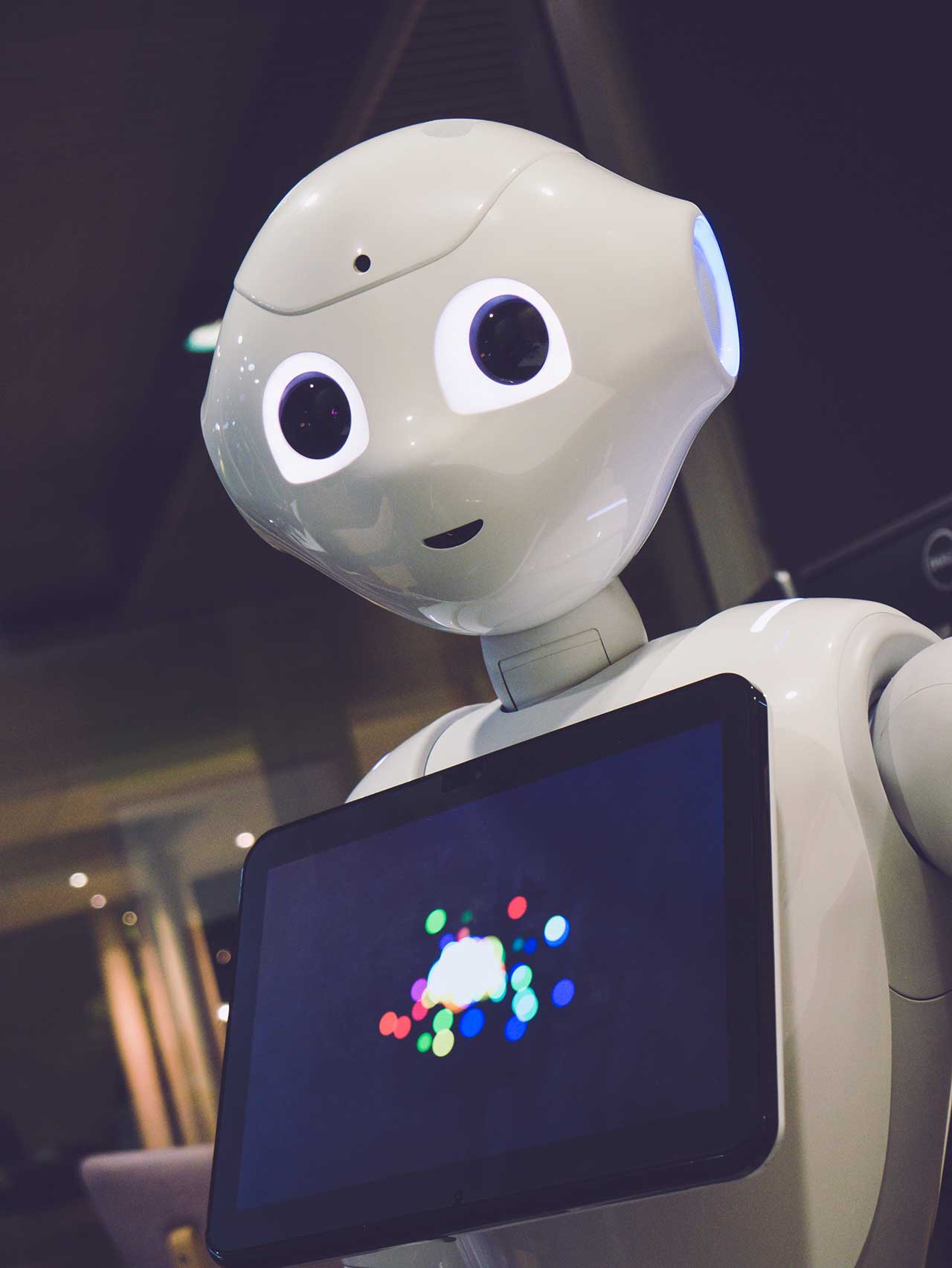
Why should we be interested in Artificial Intelligence?
Prof Kwabena Agyapong-Kodua is a scientist and minister who tackles some of the complex issues surrounding AI. Elim’s Director of Training Dave Newton caught up with him.
So, what is Artificial Intelligence and how is it starting to impact society?
AI is used to represent suites of technologies and scientific principles that enable machines to perform human-like tasks, especially in the concept of learning from experience and being able to function independently in the way a human being would.
The fundamental scientific principles behind AI-devices are three-fold:
-
Being able to learn from occurrences.
-
Based on previous learnings, being able to predict future occurrences.
-
Reacting appropriately based on (1) and (2).
AI is used in cash machines, online banking, satellite navigators, search engines, driverless cars, smart factories, smart phones, speech and face recognition devices, security devices, weather forecasting, stock control, market prediction, medical diagnosis, failure prediction and many more areas. Basically, AI is right here.
The latest direct applications of AI in health care, robot-marriage, sex-robots, robot-pets and AI-playmates could be worrying. Recent research into how AI-based devices could be made to express emotions, show affection, demonstrate love, and co-ordinate and react to issues just as humans would is an indication of what the future will look like.
It appears from a human perspective that the advancement of AI is like the construction of the Tower of Babel: “The Lord said, nothing they set out to do will be impossible for them!” (Genesis 11:6).

If this is how far AI could drive us, what then becomes of humanity and our faith? Why should we be interested? As Christians should we just leave this to the scientists?
Many of my friends have asked me this question and mostly I feel it dwells on the issue of boundaries. Nowadays, we are more comfortable with boundaries and classifications, but the voice of the Christian on AI is extremely important because AI is not just a technology; aspects of it – depending on who is handling it – define humanity. There are ethical, moral, sociological, philosophical, religious and other implications of AI which stream outside core sciences.
More critically, for us as Christians, the earth is the Lord’s (Psalm 24:1). He is the owner of the cattle on a thousand hills (Psalm 50:10), and we are his stewards (Genesis 1:28). We are called, therefore, to be interested in our Father’s estate.
AI, like any other human creation, can be good or bad – largely dependent on the world view upon which it is built. The Christian has a voice here. If it is used as the agent for an atheist agenda, then it can be dangerous but if it is used to promote Christian theism and especially as a mechanism to promote effective human-human relationships as well as human-God relationships, then it is good.

What are some of the specific implications of technology on humanity?
This can be huge. Basically, as a Christian techie, I feel every technology has built into it a philosophy which may not be explicit to the user. This defines how humans relate, work, worship, and basically live. It is the engine of growth and human associations.
Some specific implications of technology on humanity include:
-
How humanity would continue to be perceived – made in the image of God or just a biology object?
-
Whether human beings could be replaced or supported to exhibit their God-given talents.
-
How inclusivity and exclusivity would be handled.
-
How issues of love, honour, care, commitment, affection and emotions would be handled.
-
Other work-related issues, including employment or redeployment.
Is there a natural link between technology and theology?
Yes, I think so. AI, like any other technology, is contained in the first chapter of Genesis – we are made in the image of God and are God’s stewards over his estate.

It is our dominion over the earth which has led to the development of science and technology. Thus, the advancement of technologies even fulfils the will of God for mankind. But the real point is this: the human being is the only creature made in the image of God; a container of the Spirit of God, God’s estate manager and technology developer.
Therefore, we must define the limits of our inventions. This will come through a good understanding of God’s position on technology.
In fact, a Christian theology of technology is extremely important to underscore godly concepts of development and most critically to underpin an appropriate reflective life and practice of the Christian technologist.
This is because machines are machines; we define what they do; they don’t define how we should make them (Isaiah 45:9; Romans 9:21; Isaiah 29:16).
This is a very important point because these technologies do not exist by themselves, hence they do not assume superiority over humans. In this sense, developers of technologies with appropriate theological understanding would be conscious to ensure human dignity is always maintained.
Enjoy this article? Don't forget to share